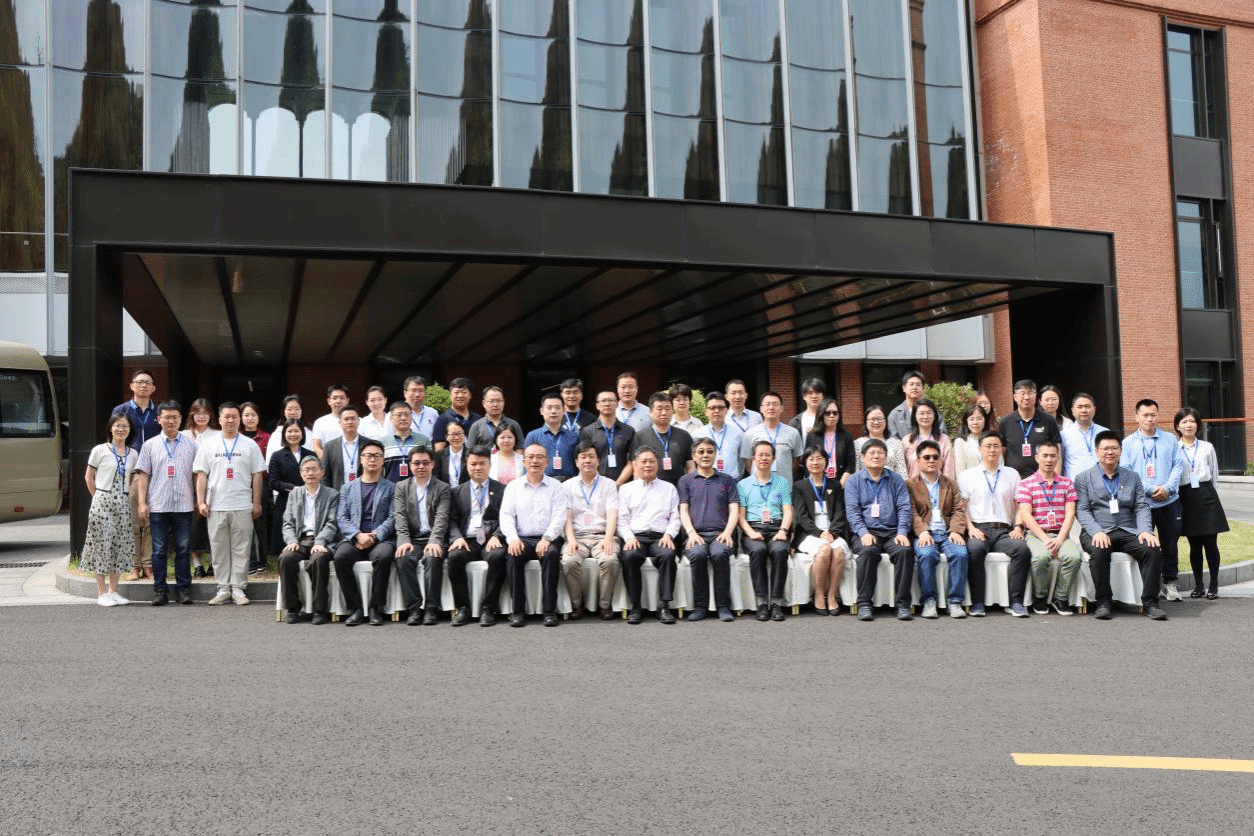From May 21 to 23, a highly anticipated scientific event, the "hLife Conference 2024: AI for Health Science" (Qianhu Science Conference), took place at the Ningbo Academician Center in Dongqianhu. The conference aimed to explore the latest applications and future developments of artificial intelligence in the field of health science. Zhang Zhenzhu, the Deputy Secretary of the Party Committee of the university and the Secretary of the Party Committee of the Health Science Center, attended the opening ceremony and delivered a speech. Academicians Gao Fu and Dong Chen from the Chinese Academy of Sciences, Nobel Prize laureate in Physiology or Medicine Jules A. Hoffmann, and national-level talents Shi Yi, Cheng Gong, Zhao Xingming, Qin Chengfeng, and Feng Youjun attended the meeting and gave speeches or presentations. This academic conference was organized by the hLife journal editorial department of the Institute of Microbiology, Chinese Academy of Sciences, and hosted by the School of Basic Medicine at Ningbo University Health Science Center.
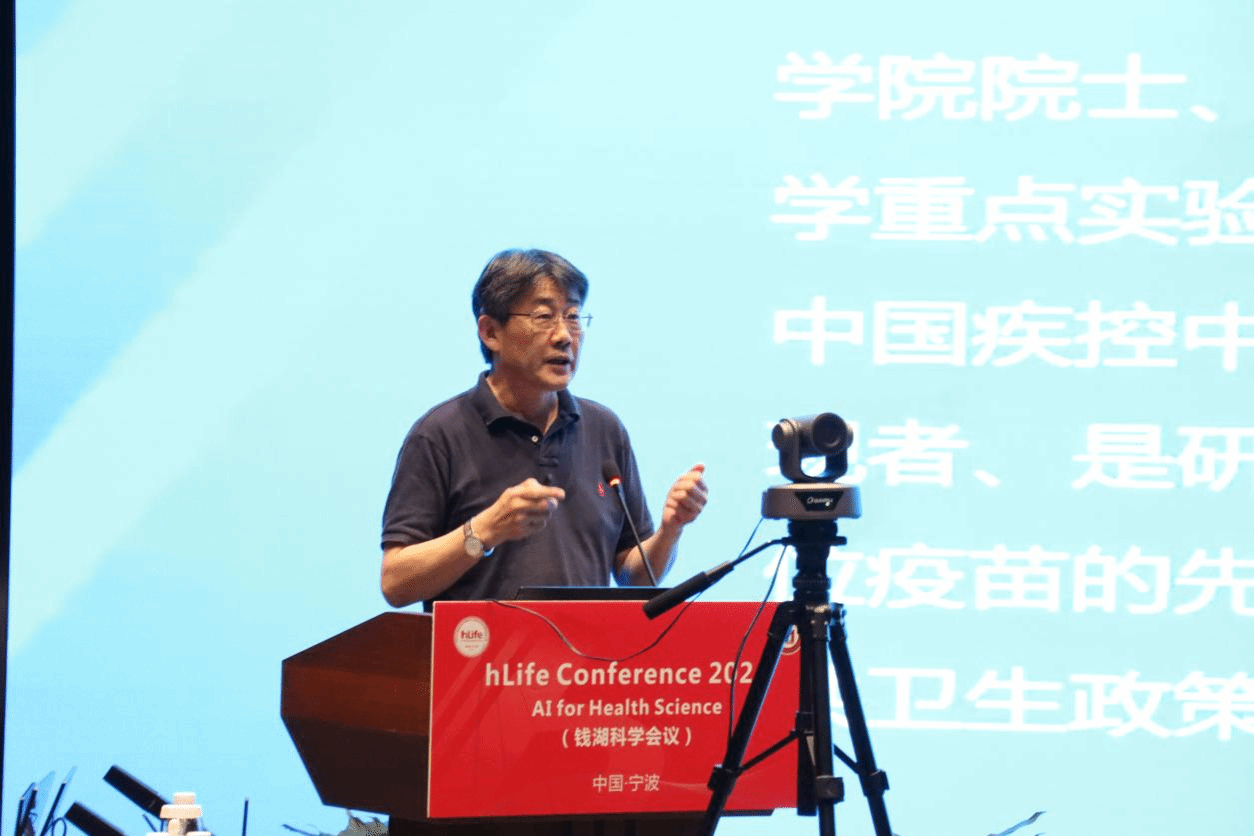
The conference adopted a hybrid format of offline and online participation, attracting about 100 attendees onsite while the live stream reached over 90,000 viewers.
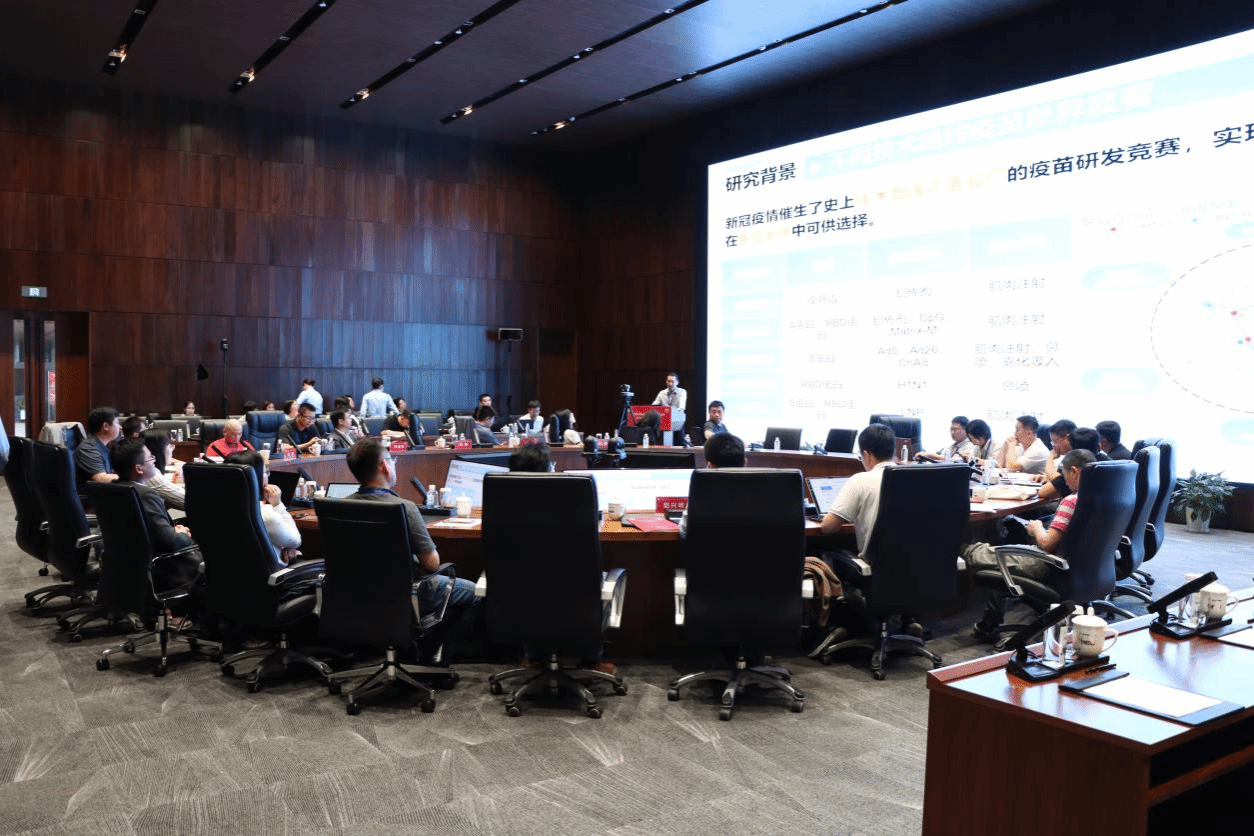
At the opening ceremony, Zhang Zhenzhu extended a warm welcome on behalf of the university to the experts and scholars who had traveled from afar. He introduced the development history and educational achievements of Ningbo University, as well as the accomplishments in talent training, scientific research, and discipline construction that the Health Science Center has achieved since its establishment 26 years ago. He expressed his hope that the experts would support and assist in the development of the basic medical disciplines at the Health Science Center and welcomed them to recommend various talents to Ningbo University.
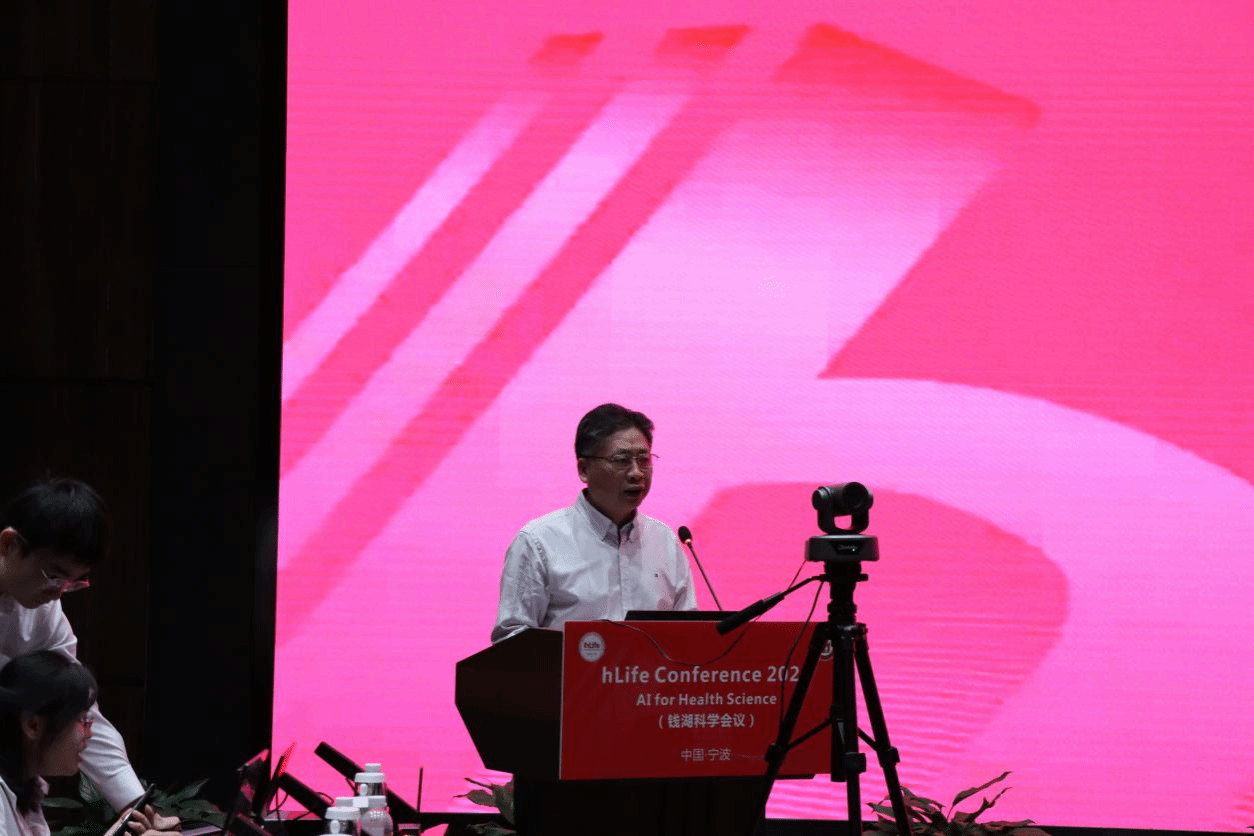
During the conference, experts engaged in deep and extensive exchanges and discussions around the theme of "Artificial Intelligence and Health Science." They shared their research findings and insights from different perspectives, analyzing the application of artificial intelligence in health science, discussing how to use AI technology to improve the accuracy of disease diagnosis, optimize treatment plans, and advance medical research and drug development. Additionally, participants discussed current technological challenges and future trends.
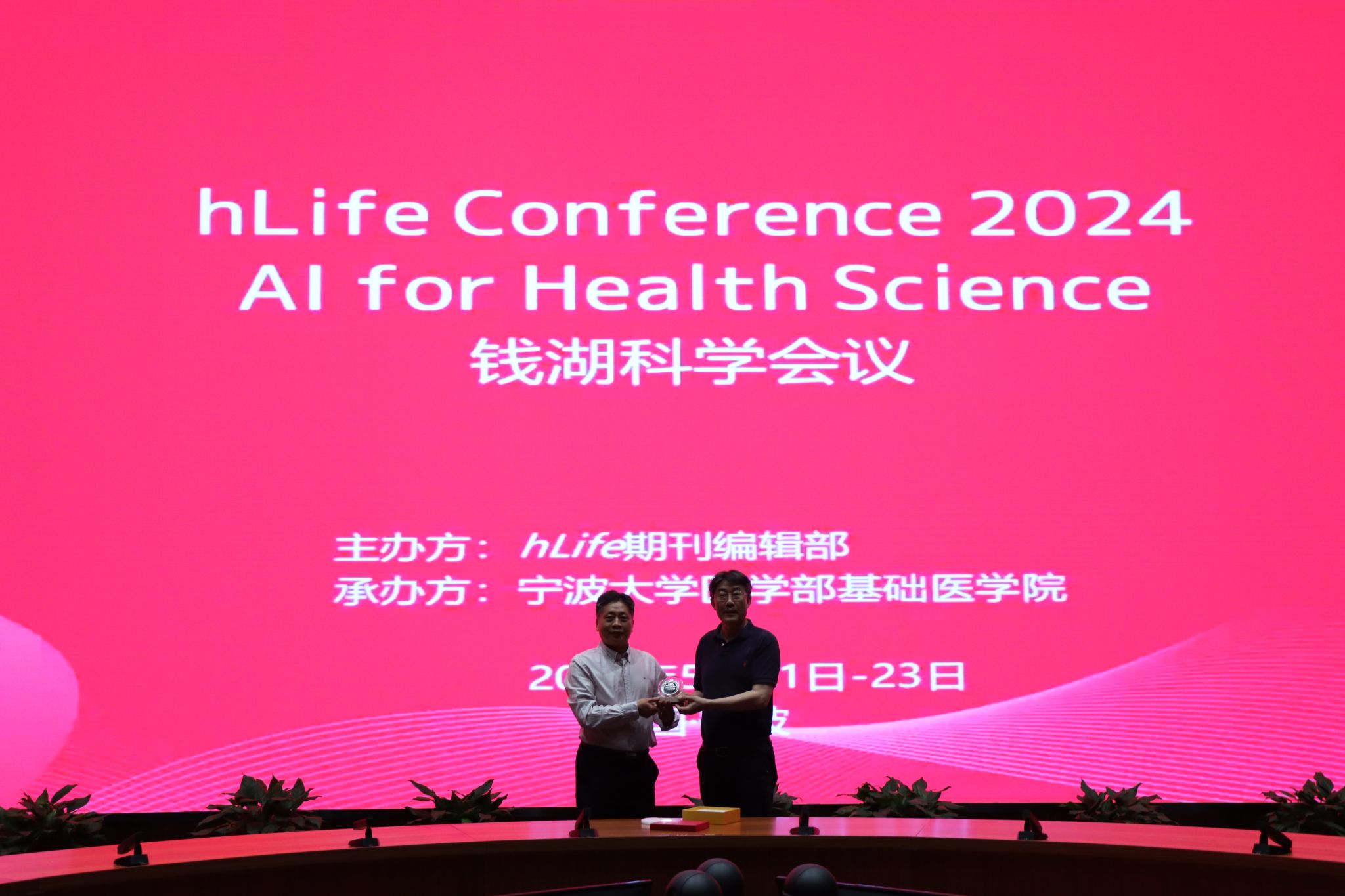
The successful organization of this conference not only showcased the strength and influence of the School of Basic Medicine at Ningbo University Health Science Center but also provided a platform for exchange and cooperation among domestic and international experts in related fields. In the future, the School of Basic Medicine will continue to strengthen exchanges and cooperation with academic circles at home and abroad, making greater contributions to the development of the health science field in China.
